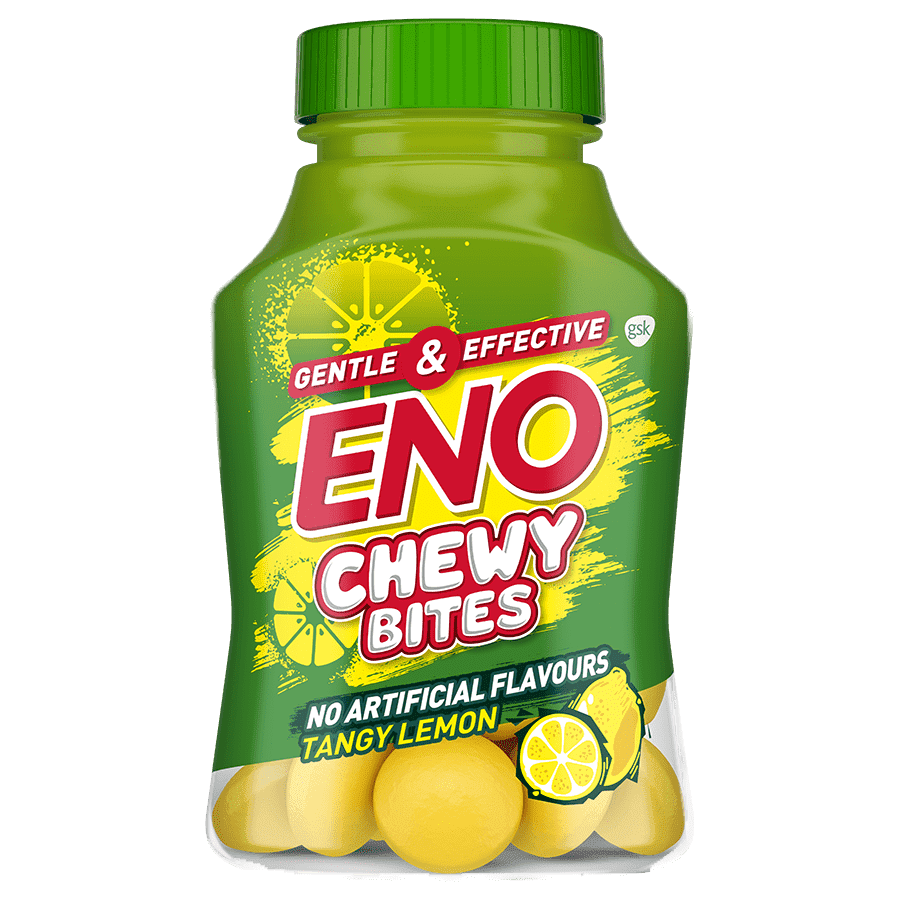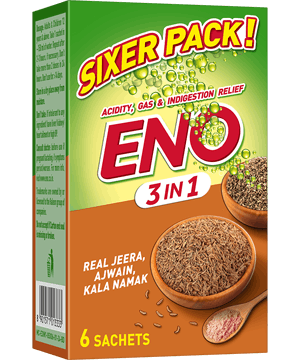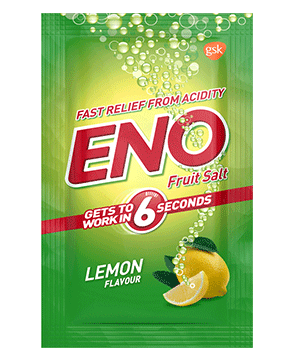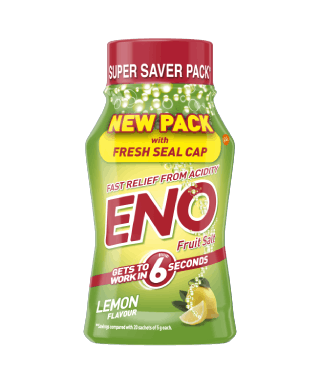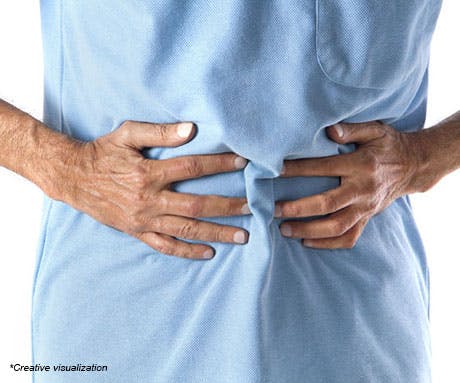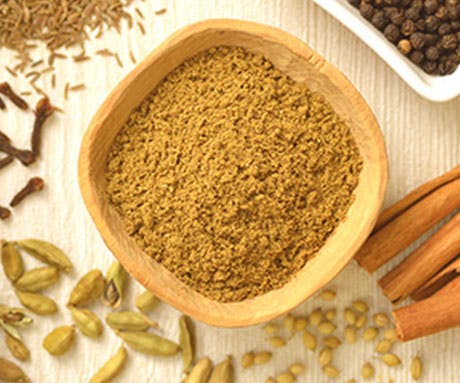Caring For Babies And Children
With Acid Reflux
First-time parents often get a big surprise when their little baby has finished their feed, they seem beautifully content, and then all of a sudden they spit up some of the milk they’ve just had.
Called infant regurgitation or reflux in babies, this is a natural part of being a young baby and is not usually a cause for concern.1–3
Reflux and regurgitation are very common, affecting at least 40% of babies.1 In fact, some reports suggest regurgitation affects almost 90% of babies between the ages of 2 and 4 months,3 the peak time for it to occur.
In toddlers and children, regurgitation and reflux do happen but is much less common.
Read on to learn about reflux in infants and children, as well as some of the things you can try to reduce it if your baby or child is distressed by it.
What Exactly Is Reflux In Babies And Children?
Reflux, or gastro-esophogeal reflux to give it its full name, is the passage of some of the contents of the stomach up the esophagus.1,2
In babies, reflux can often go unnoticed by parents and carers.1,2 When the stomach contents come all the way up the throat and into the mouth, which is known as regurgitation, they usually do notice though!1–3 In many infants, the contents will even come right up and out of the mouth, looking like they are ‘spitting up’ their milk feeds.1,2
Both reflux and regurgitation are normal in infants, especially after they’ve had a feed.1–3 It usually starts before babies are eight weeks old and the episodes can be quite frequent, sometimes happening five or six times a day.1
In most cases, babies grow out of reflux and regurgitation without needing any treatment.1,3 Only around 10% of babies still have it by the time they’re a year old.1
Reflux and regurgitation are much less common in healthy children over the age of 12 months.1,2 however reflux does affect some children.1,2 The most common symptom of this is heartburn, which is an uncomfortable, burning feeling in the centre of the chest. Remember, younger children can find it hard to explain their symptoms, so they may just seem irritable.2
Occasionally, babies or children with reflux may be distressed or have other symptoms such as irritability, failure to thrive or food refusal.1,2 This may mean they have what doctors call gastro-esophogeal reflux disease (GERD), which may need some treatment or medical management.1,2
When To Call The Doctor
In many cases, reflux and regurgitation in babies is nothing to worry about. You should call your doctor, though, if you notice any of the following:1,2
- Your baby’s regurgitation becomes frequent, forceful vomiting
- Your baby has green, yellow-green or dark red stains in vomit
- Your baby develops signs of marked distress, feeding difficulties or failure to thrive
- Your baby develops regurgitation and/or vomiting after six months of age
- There is persistent and frequent regurgitation when your baby is over a year old
- Your child (1–12 years) has persistent reflux or heartburn
Things To Try If Regurgitation
Is Distressing Your Baby
For most babies with reflux and regurgitation, there’s no need for medical treatment. But if it is making your baby particularly upset, you can try the tips below.
Please note that you shouldn’t try putting your baby in different sleeping positions to manage reflux. Babies should always be placed on their back to go to sleep.1,2
Tips For Breastfed Babies1
- If you breastfeed your baby and they are distressed by frequent regurgitation, see if you can get some advice from a nurse or midwife who specialises in helping mums with breastfeeding. You may be accidentally over-feeding your baby.2
- After getting breastfeeding advice, if your baby is still distressed by regurgitation, you can try using an antacid that contains alginate.
- Talk to your pharmacist about using alginate and try it for one or two weeks. If it seems to make a difference, you can continue using it, but you should try stopping it for a couple of days every couple of weeks to see if your baby still needs it. Of course, stop using it altogether if your baby doesn’t need it any more.
Tips For Bottle-fed Babies1,2
- Overfeeding can cause reflux and regurgitation, so double-check you are feeding your baby the right amount of formula according to the directions on the pack.
- Sometimes it helps to give your baby smaller feeds more regularly so they are still getting the recommended total amount of formula a day.
- If your baby still has reflux and regurgitation, you can try thickening the formula with a little rice starch, corn starch, locust bean gum or carob bean gum.
- If none of these steps have worked, discontinue using the thickened formula and ask your doctor or pharmacist if there is anything else you should try.
- A small number of babies are allergic to cow’s milk protein, which can cause regurgitation and vomiting.2 If your doctor suspects your baby has a cow’s milk protein allergy, infant formulas that are modified to avoid cow’s milk protein reactions are available.2 These are called ‘extensively hydrolysed’ formulas.
Tips For Children2
- Children with reflux or heartburn may benefit from sleeping on their left side.
- You can also try raising your child’s head when they’re sleeping by using a larger pillow or an extra pillow.
- If your child is overweight, it may also help if they can lose some weight.
- See your doctor if your child is still distressed by reflux or heartburn after trying these things. Your doctor may do some tests or prescribe a medication that can help.1,2
Where To Find Out More
For older children (typically over eight years of age), the symptoms of reflux and heartburn can be very similar to those in adults.2 You can learn more about acidity problems like reflux here.
As with anything with your baby, if you’re concerned about problems like reflux and regurgitation, or your baby seems generally unwell, please see your doctor – it’s always better to be sure your baby’s okay.

